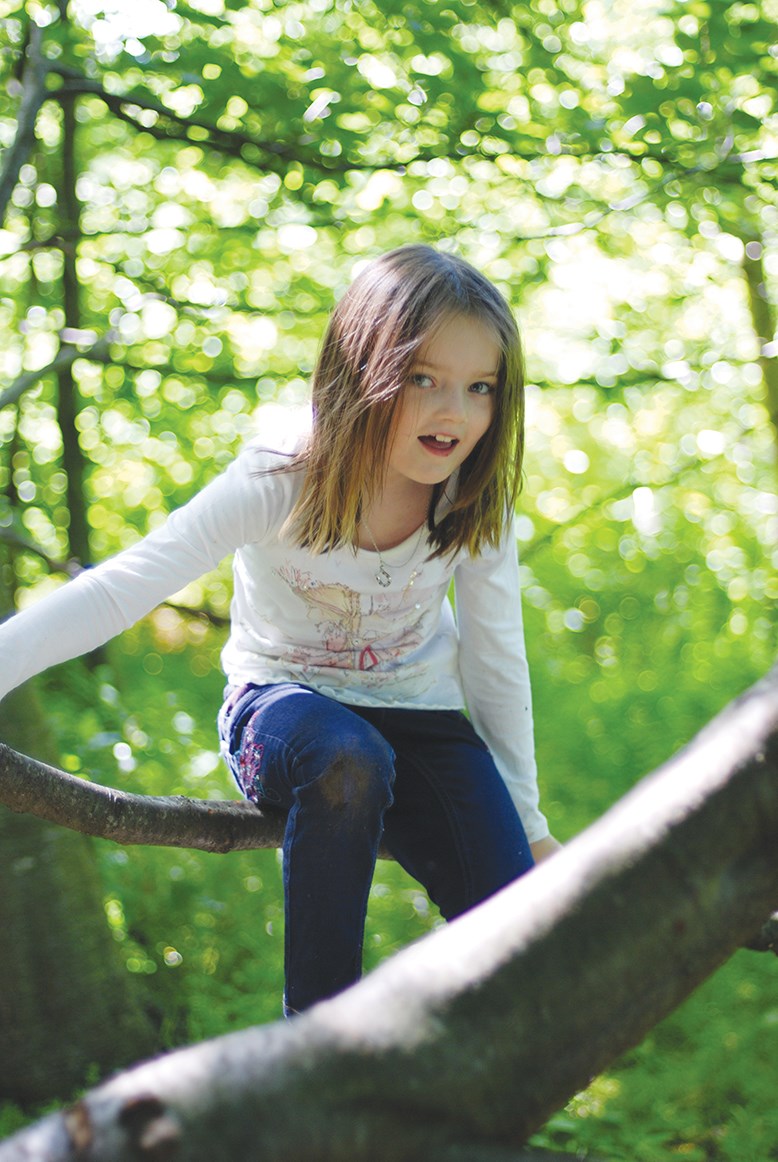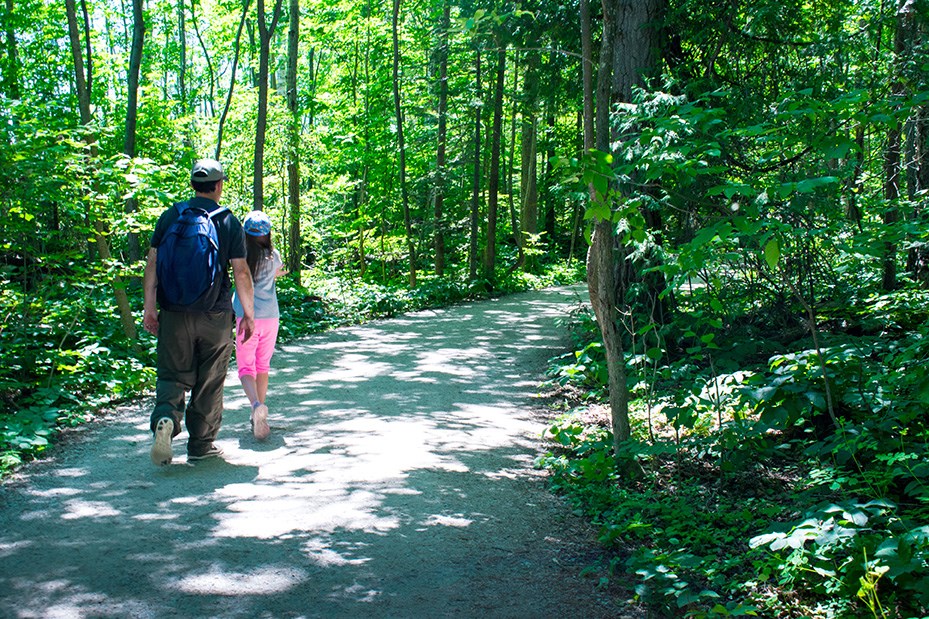The new school year has just gotten underway when a six-year-old asks her parents if she can walk to school alone. The parents’ answer should likely be a resounding “Yes,” according to a child development expert.
If a four-year-old wants to climb a tree at the park that too should probably be OK’d, says BC Children’s Hospital and UBC researcher Dr. Mariana Brussoni.
Brussoni and her team have developed and launched a new website, OutsidePlay.ca, to help parents quell their fears around letting their kids take risks.“What we were finding was parents’ fears were overwhelming their ability to make decisions around letting their kids out to play,” Brussoni said.
Over time, parents have been increasingly limiting risky play, telling children not to climb trees, for example, or not to jump off play equipment, researchers have found.
Only about 37 per cent of children play outside every day, according to OutsidePlay.ca, and seven per cent of kids under age 10 are allowed to go outside on their own.
Parents fear their child getting seriously injured or kidnapped, or the judgment of other parents if their child is allowed to walk to school and back alone, for example, Brussoni explained.
The aim of the online risk-reframing tool is to help parents feel more comfortable and confident about letting their children take risks.
The site presents parents with information on risky play and asks them to reflect on what they did as children and what they want for their own kids. On the site, parents can also draft an action plan for their family that encourages independence for their children.
Freedom to try things helps children gain the confidence they need to develop and tackle bigger challenges later in life, Brussoni told The Chief.
“Kids being allowed to take risks in play is a completely normal part of play and has an important function for all sorts of aspects of development,” she said.
Resilience, self-confidence, risk management and learning how the world works and one’s place in it can all come from risky play, she added.
Studies have found that children who lack independence when they are young suffer more anxiety as adults, Brussoni said. “College students who reported over-protective parenting had higher rates of anxiety and depression.”
For some children, risky play is getting to the first branch of the tree, while for other children, racing to the top will be the risk-taking goal, Brussoni said. Supporting independence is about letting the child be the guide to what they can handle and encouraging that choice.
Sometimes, the fear of judgment from other parents is based on cultural realities; other parents may say something if you let your three-year-old roam the playground on her own, for example.
Brussoni recommends parents who are approached with criticism from others to say something such as, “There are some things I want and some things I believe in for my child.”
Know your values and stick to them, Brussoni said, and try to build a network of likeminded parents for support. For more information, go to OutsidePlay.ca.




